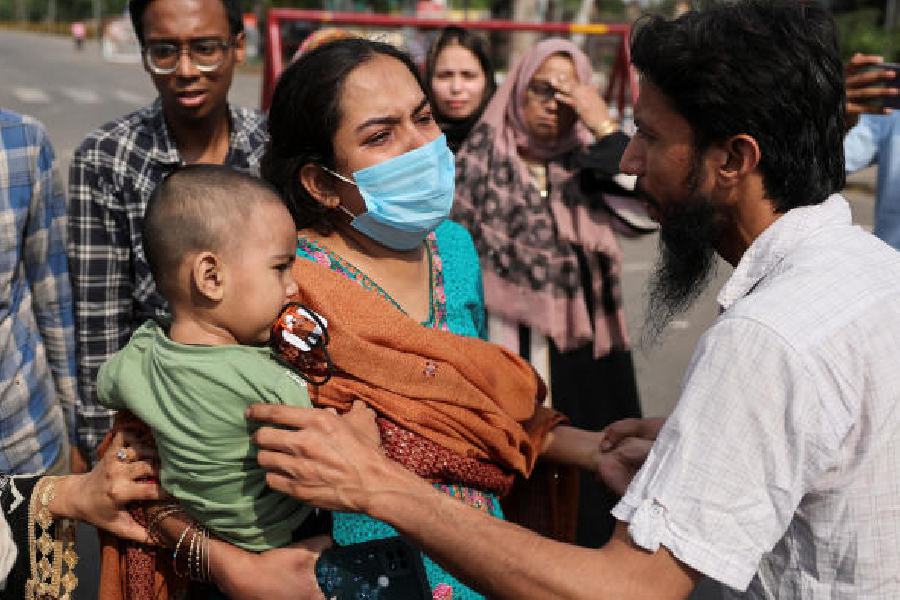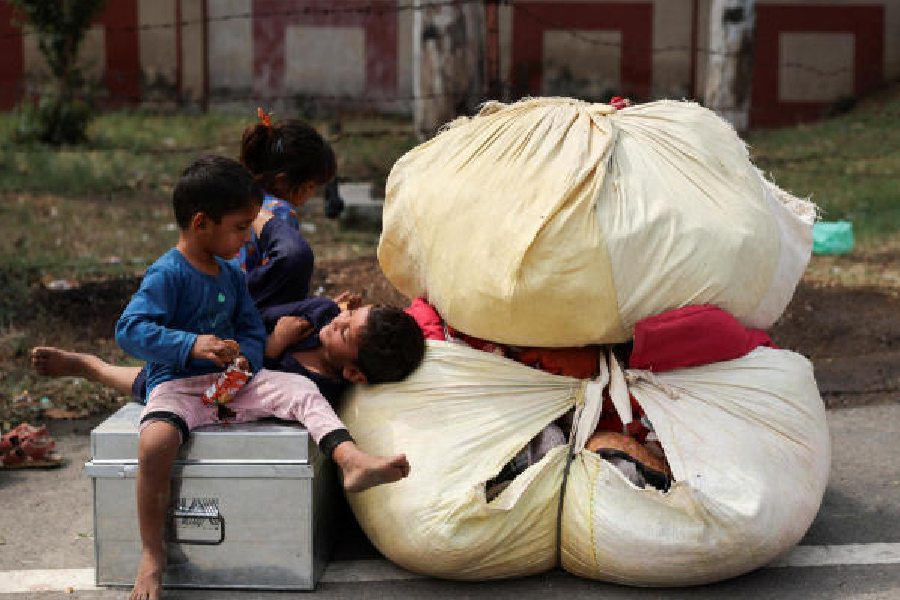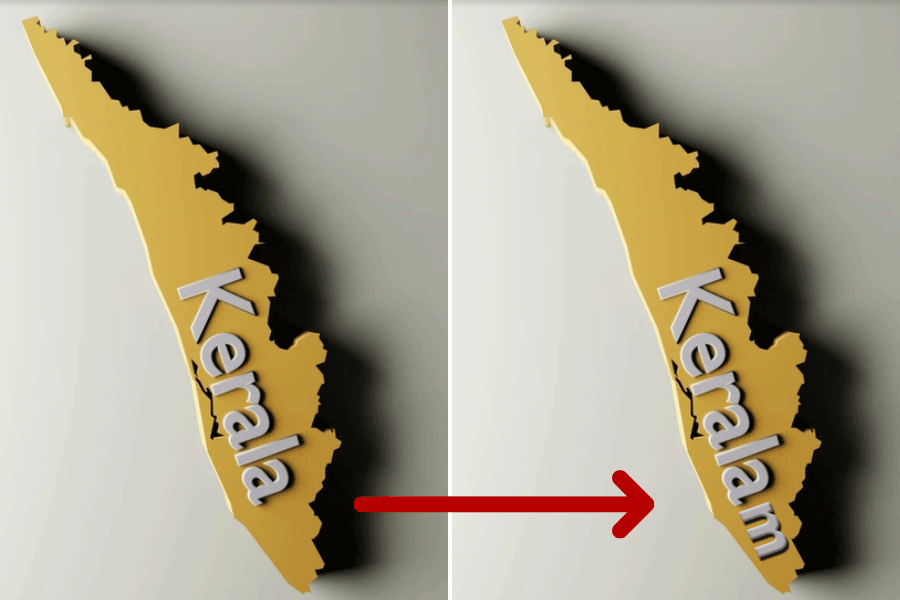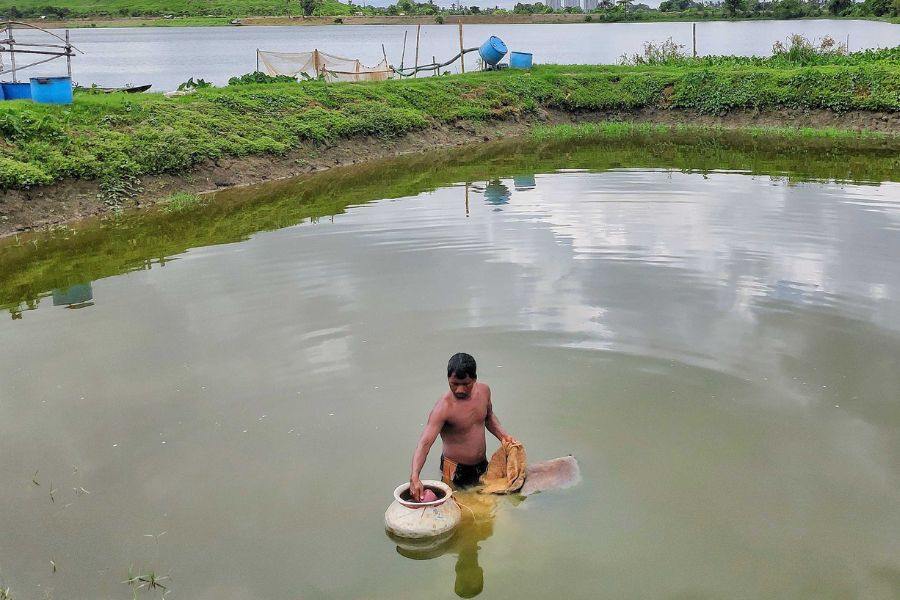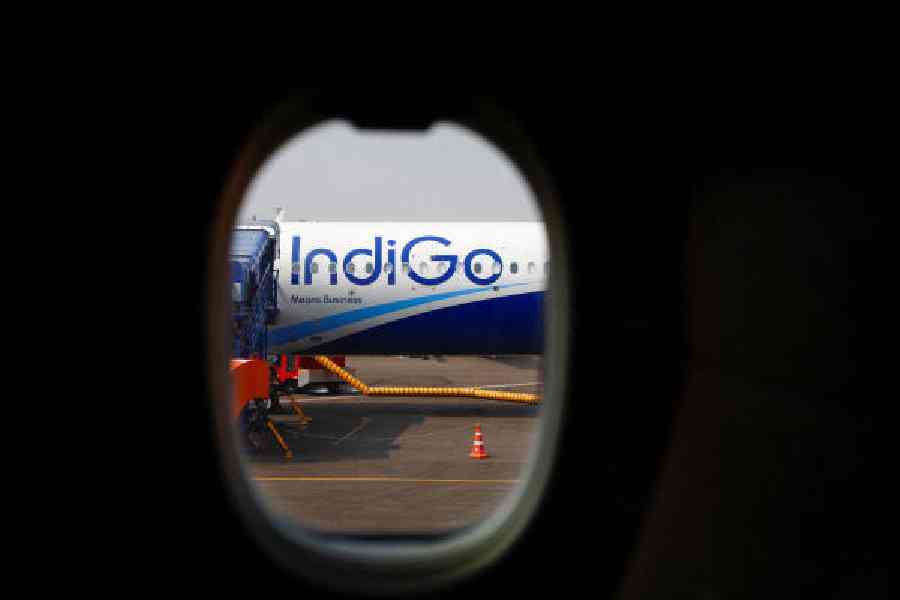The Supreme Court on Friday restrained the Centre and its agencies from taking “any coercive action” against six members of a family who pleaded they were Indians from “time immemorial” but were being forcibly deported to Pakistan in the wake of the Pahalgam attack.
A bench of Justice Surya Kant and Justice N. Kotiswar Singh, however, clarified that it was passing the order “in the peculiar facts” of the case, and that it “shall not be treated as a precedent” by similar claimants.
According to the petitioners, they are Indian nationals and their ancestors are Indians too. It was contended that the petitioners moved to Srinagar from Mirpur in Pakistan-occupied Kashmir in 2000 and have Indian passports.
However, the ministry of home affairs passed an order on April 25 issuing notices to them through the Foreigners Registration Office, Srinagar, alleging that they had entered India illegally in 1997.
It was submitted that Ahmed Tariq Butt’s father, mother, sister and his younger brother, Abubakar Tariq Butt, were arrested illegally by the Jammu and Kashmir police on April 29, 2025, around 9pm. They were taken to the India-Pakistan border on April 30, 2025, at 12.20pm and told to leave India. The family members are being brought back after the court order.
According to the petitioners, besides Indian passports, they also have PAN, Aadhaar and voter ID cards, which have never been questioned or cancelled.
The court asked Butt and his family, who have jointly filed the petition, to approach Jammu and Kashmir High Court if they are dissatisfied with the decision of the authorities after verification of their claims.
“...Keeping in view the peculiar facts and circumstances of this case, the authorities are directed not to take any coercive action against the petitioners till an appropriate decision is taken. If the petitioners are dissatisfied with the decision that may be taken by the respondent authorities, liberty is granted to them to approach Jammu and Kashmir High Court. Ordered accordingly,” the bench said.

